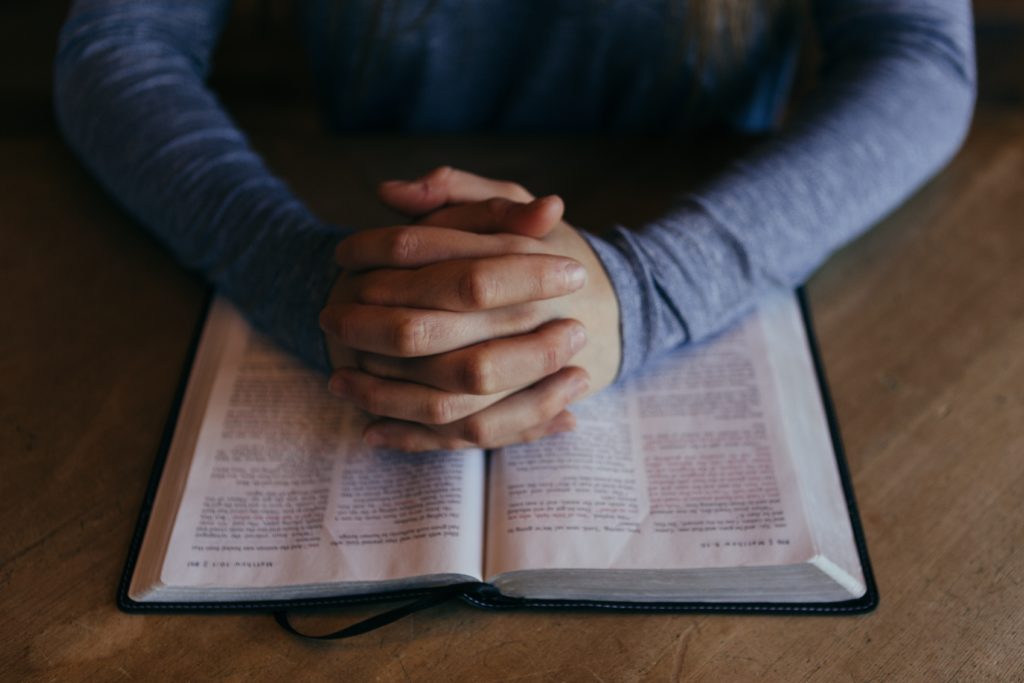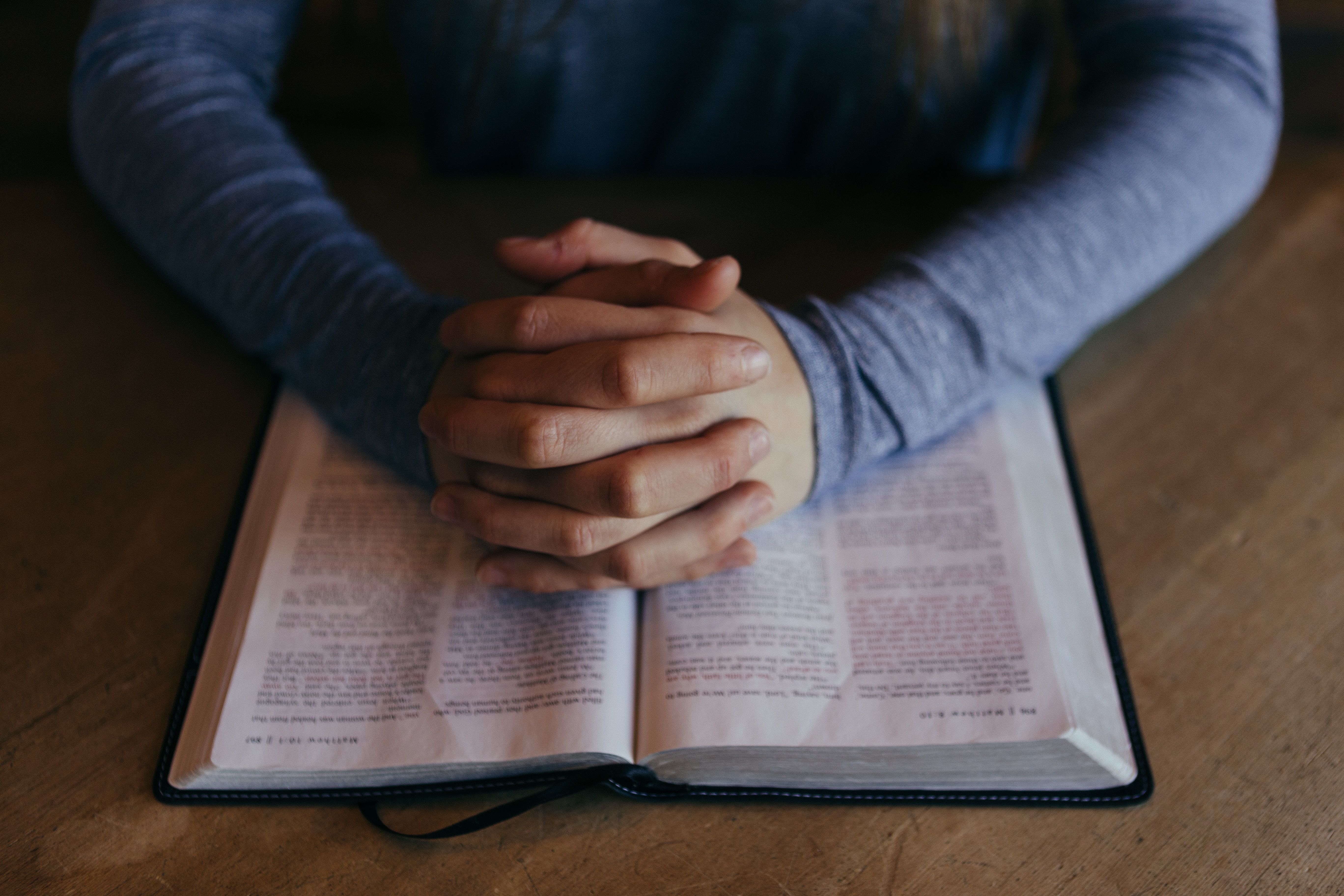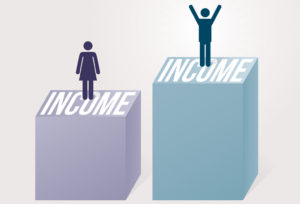
When it comes to making decisions about life in a political context, most people subconsciously make decisions in bias with their preferred party. This is in part due to confirmation bias, the psychological phenomenon that leads you to seek out information that confirms what you already believe. It is also partly due to peoples’ inherent desire to allow one value system to guide their lives, because making multiple value structures compatible involves mental effort that most people don’t want to exert.
How To Engage In Intellectual Honesty
To exhibit intellectual honesty with ourselves and others, however, we must admit that the world is too complex to be filtered through black and white answers. Religious and political viewpoints clash often, and particularly between friends or within your own mind. Since life contains so many diverse topics to address, how can we interpret the appropriate outcome for a given situation? It depends largely on what’s being asked of the individual.
As a libertarian, I tend to have more conservative friends than liberal friends. Many conservatives also align themselves with Christian values, one of which is abstaining from sex outside of marriage. This is still one of the most prominent facets of Christianity; so ingrained and public that most Christians assume everyone else is striving for this benchmark, as well.
Despite this well-intentioned outlook, most individuals rank their personal pleasure, knowledge, and experience within the world higher than that of others. For example, an athlete may rank their time spent in the gym as more important than a musician, who likely sees more value in their time spent in a studio. In other words, while a Christian may expect individuals to lead their lives according to God’s precepts, non-Christians lead their lives according to what’s most important to them – and may assume others do likewise, too.
Addressing Prostitution
Learning about prostitution often leads those who haven’t at least read both sides of the story to view those in the industry with scorn and disapproval, not realizing that this makes understanding the world much more difficult. While it’s true that many women are working involuntarily as prostitutes and there are dozens of health and safety questions to address, these are not obstacles to better solutions in the appropriate context.
Perhaps the largest argument in favor of legalizing prostitution – within highly regulated, safe environments, of course – is the reality that the black market will always produce what the legal market shuns. Look no further than most countries’ issues with drugs as an example. When something is illegal, criminals will step in and provide individuals what they want, sans the concern and professionalism that comes with those properly certified for a profession.
Also, while those in favor of keeping prostitution illegal argue differently, a service like prostitution has no victim if the individuals involved are consenting adults. Legal brothel owners have every incentive imaginable to remain in good standing with law enforcement, because it keeps police happy and protects workers. The line being drawn with all of this is that you can outline moral standards for your own behavior, but you can’t stop people from getting what they want outside of legal bounds. This is especially true if someone has highly personal reasons for taking such an action.
After hearing that I hold Christianity as the highest personal value, but also that consenting adults should be free to exchange sex as a regulated service, I wouldn’t blame people for being confused at first, or writing me off as crazy. On the surface, one would expect an individual’s highest value system to guide their decisions about other people.
This is to say that you can often expect a Christian to talk purely through a Christian filter when discussing ethics with others. And don’t get me wrong; I don’t desire to engage in prostitution just because I think it should be legal. That’s my freedom as an individual, just as it is yours. But now that we’ve examined some of the deeper workings of such a personal topic, we see that what a group identifies with cannot be forced onto the individual.
So, how do you determine what step you should take when you have multiple conflicting values? You should act according to the hierarchy of your personal value system. No one has the right to your personal or intellectual property without your consent. Will this stance often take you into some emotionally uncomfortable territory? Yes; it’s virtually guaranteed. However, you will be leading an intellectually consistent life, and that is crucial to living a life and having conversations of meaning.




